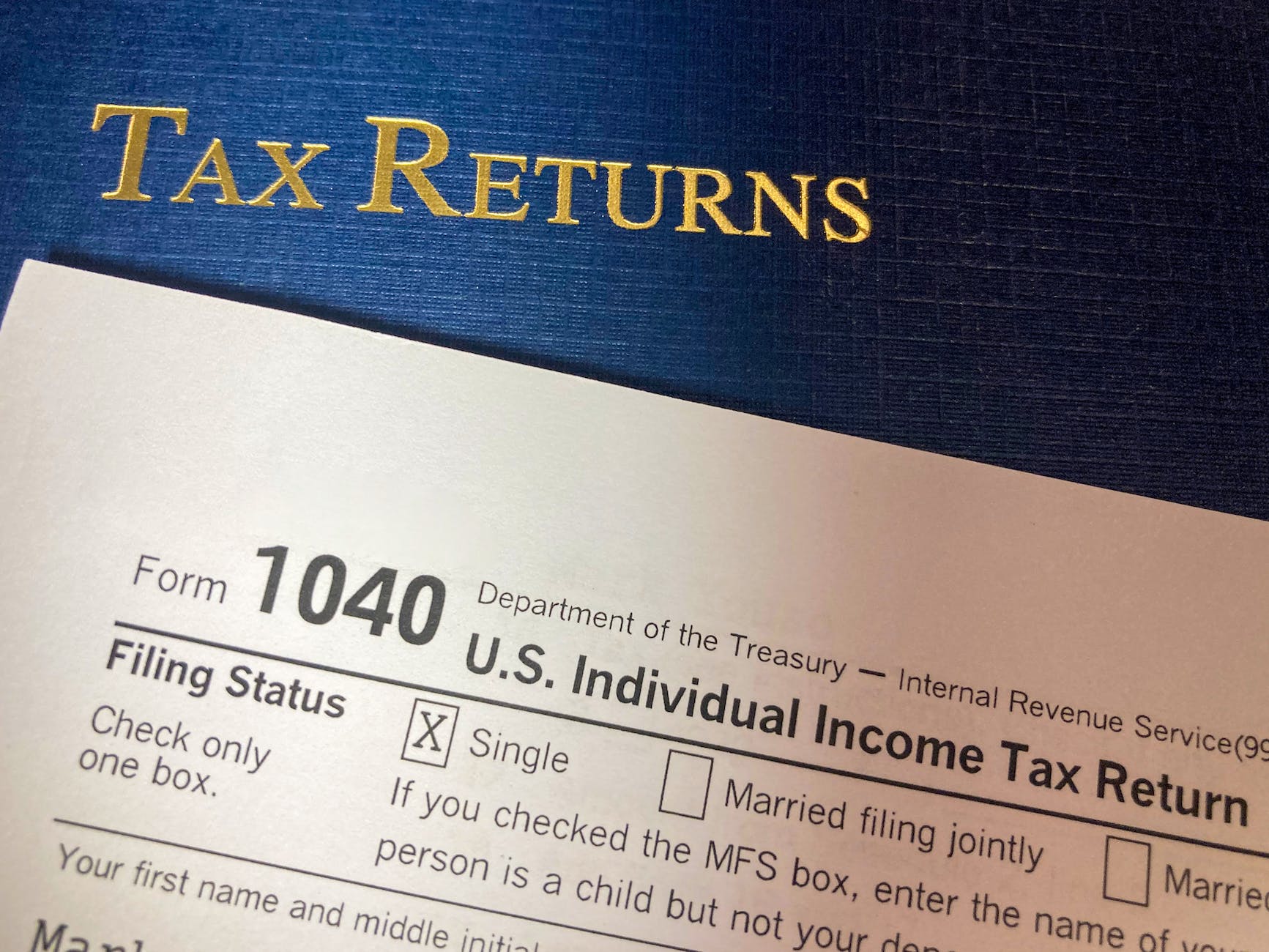
IRS Tax Return
When faced with unmanageable tax debt, the thought of the IRS looming over your shoulder can be paralyzing. The IRS Tax Relief Program, implemented to aid taxpayers, has been lauded as a solution for many. This program offers options like installment agreements, Offers in Compromise (OIC), and temporary delays in collection. But is this really a one-size-fits-all solution?
Here’s what you need to know before you dive into the program.
1. Understanding Your Options And Tax Services
Before embarking on this journey, understanding the various options and consulting professional tax services is crucial. Experts in tax services can analyze your financial situation and guide you to the right IRS program that fits your needs. Some of the popular options include:
- Installment Agreements: Allows paying tax debts over time.
- Offer in Compromise: A negotiation to settle the tax debt for less than the full amount.
- Temporary Delay: If you’re facing financial hardship, the IRS may temporarily delay collection.
2. Eligibility Criteria
Not everyone qualifies for these programs. You must meet specific eligibility criteria set by the IRS, such as complying with tax laws, submitting required information, and making initial payments. The Offer in Compromise, for example, demands detailed scrutiny of your assets, income, expenses, and overall ability to pay.
3. Potential Costs
Though these programs may seem like a blessing, they are not without costs. There might be application fees, initial payments, or even professional fees if you choose to hire a tax expert. Understanding these costs upfront can save you from unexpected surprises down the road.
4. Impact On Credit Score
It’s important to be aware that certain arrangements like an installment agreement might affect your credit score. While getting into a relief program can help you manage your tax debt, the long-term implications on your credit must be considered.
5. Time Commitment
The process of applying and getting approval for these programs isn’t always quick. It might take several months to navigate the bureaucratic hurdles, so prepare yourself for a potentially long and arduous process.
6. No Guaranteed Success
It’s crucial to realize that entering an IRS Tax Relief Program doesn’t automatically guarantee success or resolution of your tax debts. For example, the Offer in Compromise (OIC) process is particularly stringent and has a high rejection rate. Many applicants find that their offers are turned down due to various reasons, such as a perceived ability to pay more than the offered amount.
Furthermore, the rejection of an application can lead to continued accrual of interest and penalties on the outstanding tax debt. This means that not only could your efforts be unfruitful, but your situation could potentially become worse if the process does not go in your favor.
7. Potential Legal Implications
Navigating tax relief programs can be fraught with legal complexities. Understanding the legal obligations, rights, and potential penalties that come with engaging in these programs is essential.
If you fail to meet the terms of an agreement or provide inaccurate information, you may face legal consequences that could exacerbate your financial situation. In some cases, mistakes or misrepresentations could even lead to charges of fraud.
Engaging with a legal expert, in addition to tax services, can help you navigate these waters safely. Their expertise will ensure that you understand all legal aspects and comply with all relevant laws and regulations.
Conclusion
The IRS Tax Relief Program is undoubtedly a promising avenue for those grappling with overwhelming tax debt. However, understanding all aspects, including your options, eligibility, costs, credit implications, time commitments, the potential for rejection, and legal implications is vital to making an informed decision.
Seeking professional guidance from tax services and possibly legal experts can be instrumental in this process. Careful planning and consideration of these factors can indeed make the IRS Tax Relief Program a lifesaver for you, providing a lifeline to financial stability and peace of mind.






